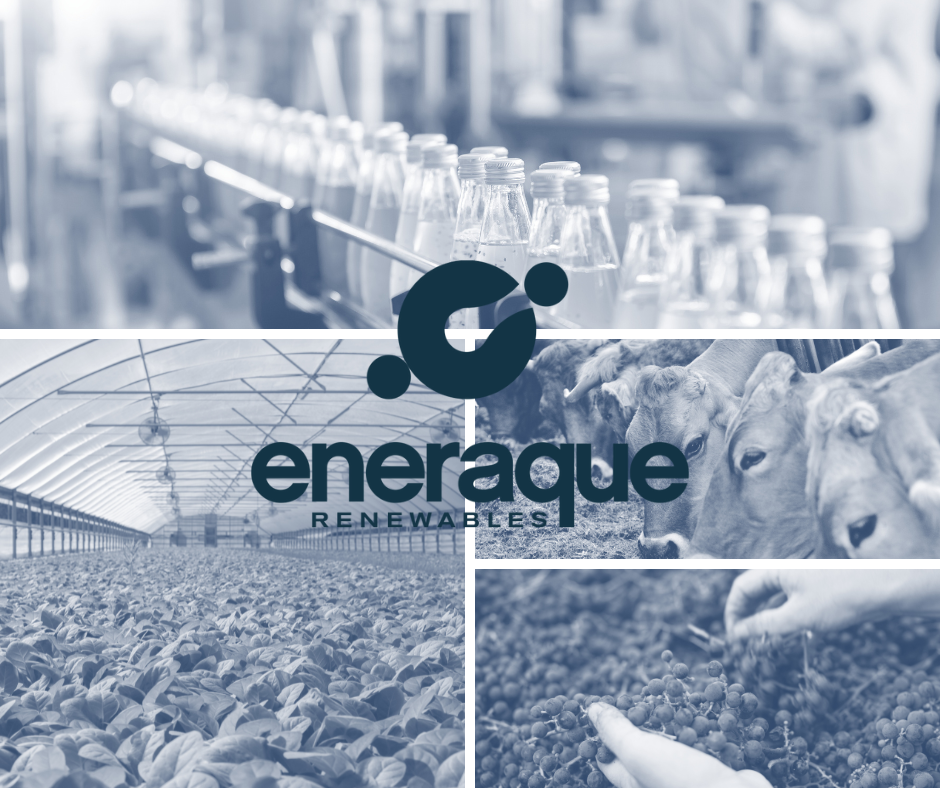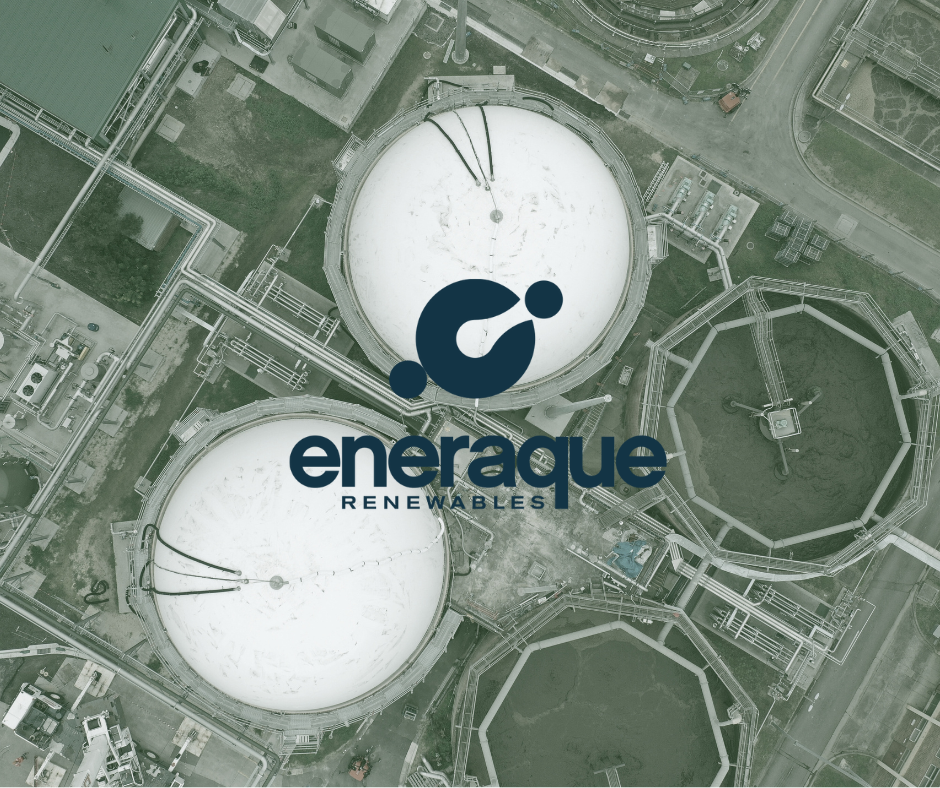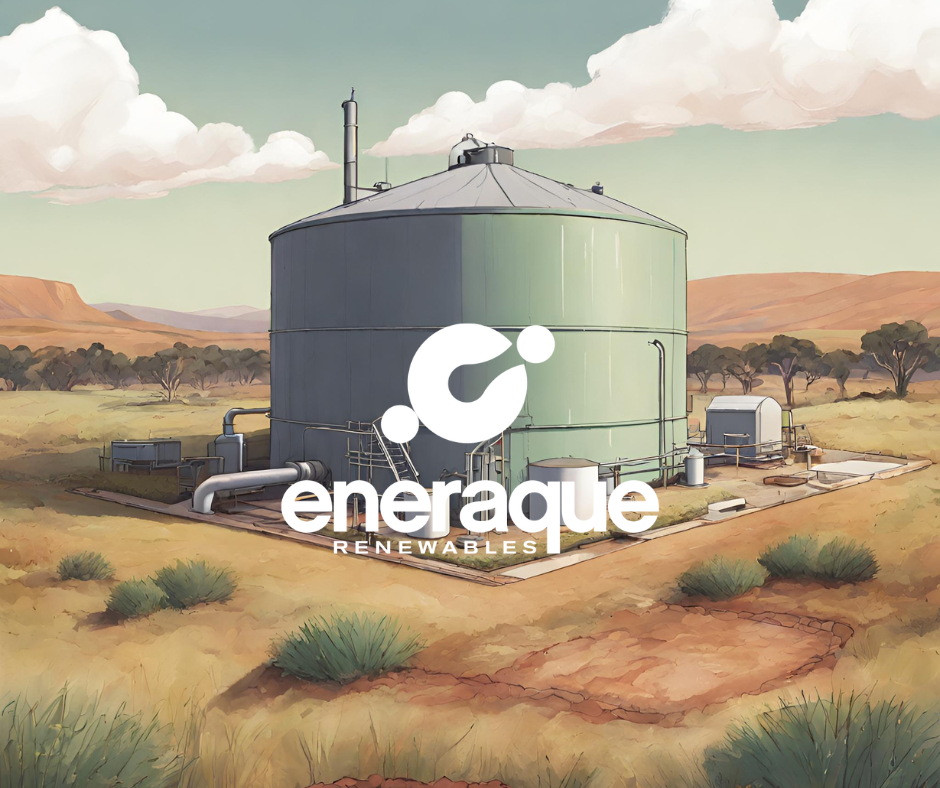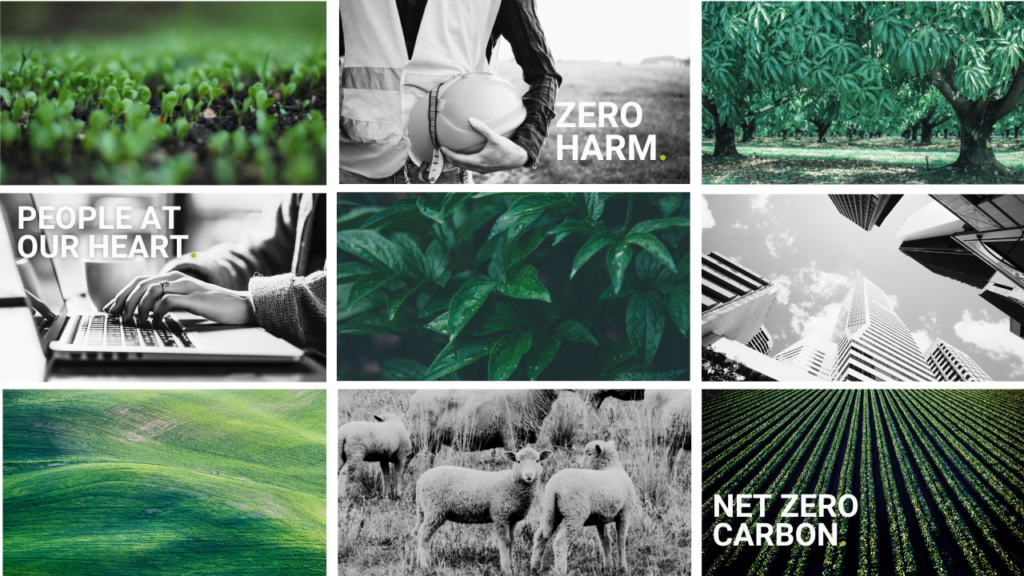Case Study: Eneraque Renewables Harnesses the Power of Waste for this Australian Mega Dairy.
In the realm of modern agriculture, where efficiency, sustainability, and innovation are paramount, waste management stands out as a critical challenge. However, within this challenge lies a remarkable opportunity: waste to energy technology. For farmers seeking to optimise their operations and minimise their environmental footprint, embracing this technology offers a multitude of benefits that extend far beyond mere waste disposal.
Reducing Waste, Maximising Resources
One of the most compelling advantages of waste to energy technology for modern farms is its ability to transform organic waste into valuable energy resources. Traditionally, agricultural operations generate significant amounts of organic waste, including crop residues, animal manure, and food scraps. Rather than allowing this waste to decompose and release greenhouse gases into the atmosphere, waste to energy systems incorporating Anaerobic Digestion technologies offer a sustainable alternative by converting it into biogas, biofuels, or electricity.
Enhancing Energy Independence
By harnessing waste to produce energy on-site, farmers can reduce their reliance on external energy sources such as fossil fuels. This not only lowers operational costs but also enhances energy independence, thereby mitigating the vulnerability associated with fluctuating energy prices and supply chain disruptions. With renewable energy generated from their own waste materials, farmers gain greater control over their energy needs, fostering resilience and long-term sustainability.
Fostering Environmental Stewardship
In an era marked by growing environmental concerns, waste to energy technology represents a proactive approach to environmental stewardship. By diverting organic waste from landfills and incinerators, farmers can significantly reduce methane emissions, a potent greenhouse gas that contributes to climate change. Moreover, the production of renewable energy from agricultural waste helps to mitigate carbon emissions, thereby supporting efforts to combat global warming and preserve the health of our planet for future generations.
Improving Soil Health and Nutrient Management
Beyond its energy benefits, waste to energy technology offers tangible advantages for soil health and nutrient management on the farm. Through anaerobic digestion—a common process in many waste to energy systems—organic waste undergoes decomposition in an oxygen-deprived environment, producing nutrient-rich digestate that can be used as fertiliser. By returning these valuable nutrients to the soil, farmers can enhance soil fertility, improve crop yields, and reduce their reliance on synthetic fertilisers, thereby promoting sustainable agricultural practices.
Driving Economic Viability and Diversification
Embracing waste to energy technology isn’t just about environmental sustainability—it’s also about securing the economic viability of farming operations. By monetising organic waste through energy production, farmers can generate additional revenue streams while simultaneously reducing waste management costs. Furthermore, waste to energy systems provide opportunities for diversification, enabling farmers to explore new income sources and strengthen the resilience of their businesses in an ever-changing agricultural landscape.
Embracing the Future of Farming
Waste to energy technology represents a transformative solution for modern farms seeking to optimise efficiency, minimise waste, and embrace sustainability. By harnessing the power of agricultural waste to produce renewable energy, farmers can simultaneously reduce their environmental impact, enhance their energy independence, and improve the economic viability of their operations. As we navigate the complexities of the 21st century agricultural landscape, waste to energy technology stands out as a beacon of innovation and opportunity—a testament to the ingenuity and resilience of the farming community in the face of global challenges.
Find out more about our waste to energy solutions for farmers here.







